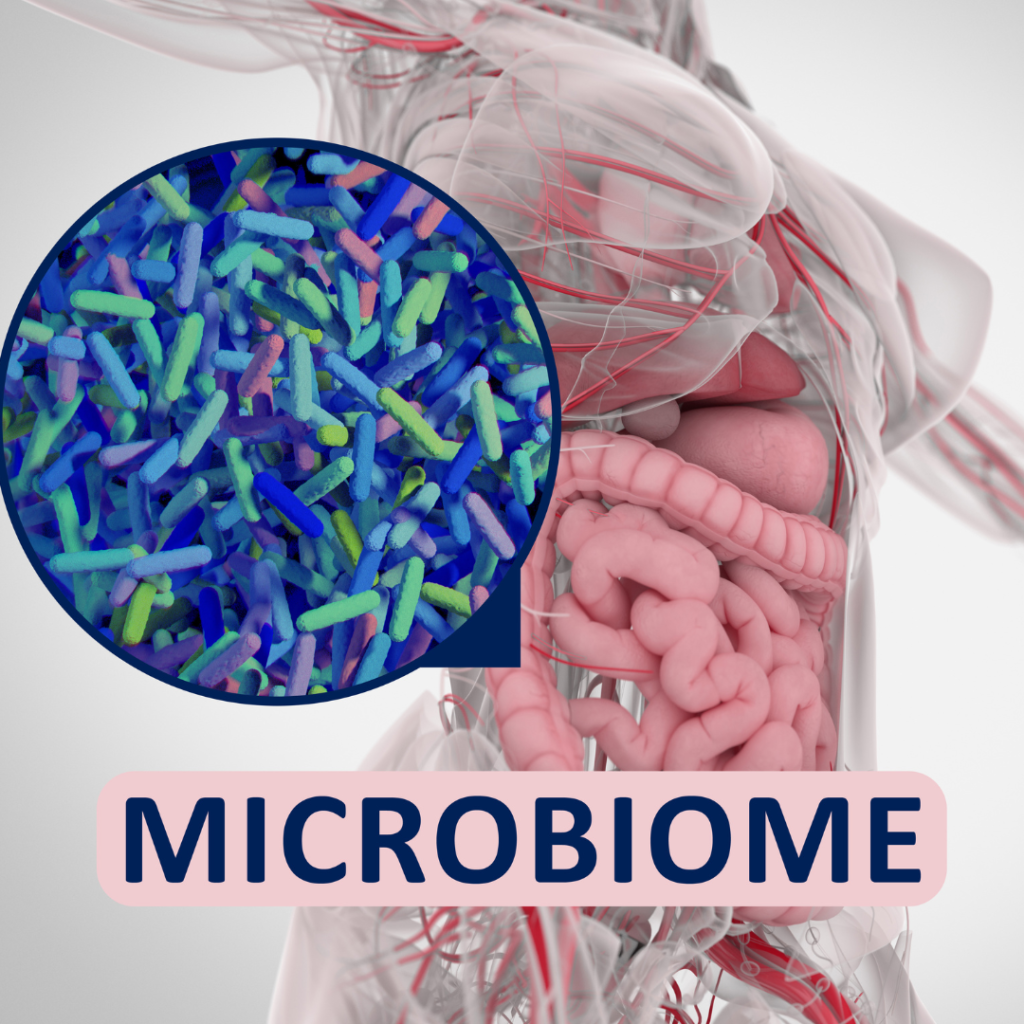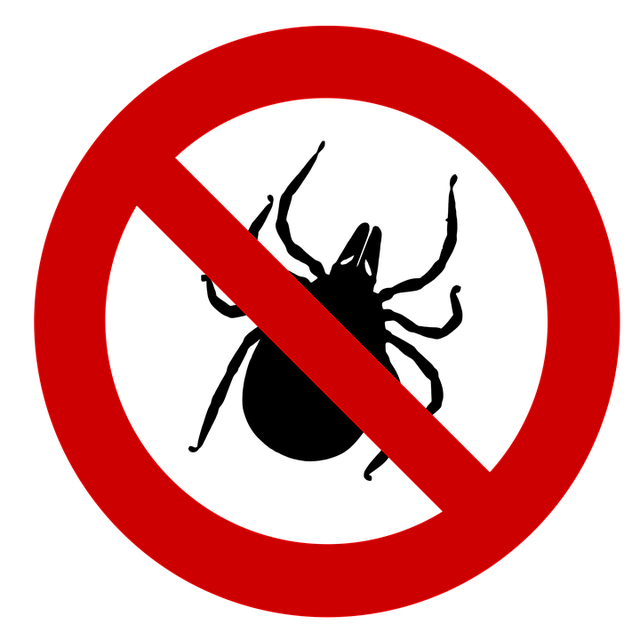Sleep Hygiene – A Comphrehensive Guide
By Susan Tanner M.D.
Sleep – A Necessity for Brain and Physical Health
Sleep is essential for overall health and proper brain function during the day, yet many people overlook its importance. One of the key questions I ask my patients is, “How is your sleep?”. Understanding the quality of your sleep involves answering these crucial questions:
- Do you feel rested and restored in the morning?
- Can you fall asleep without too much trouble or time?
- Do you STAY asleep without waking frequently?
- Do you snore, or have you been told that you snore?
If your answers raise concerns, you’re not alone. Recent research highlights how critical sleep is for proper brain function and physical health.
Why Sleep Matters
Sleep is not just a time of rest—it’s a time for recovery. During sleep, the brain performs a “detox” of sorts, flushing out toxins and metabolic byproducts. Sleep disturbances are linked to:
- Cognitive decline
- Cardiovascular events
- High blood pressure
- Impaired learning and attention in children and teens
Factors such as hormonal and neurochemical imbalances to ambient noise, blue light exposure, and room temperature can disrupt sleep quality. Addressing these issues is vital for everyone in improving overall health.
Tips for Better Sleep
If you’re struggling with sleep consistently, try these practical tips:
- Create an Ideal Sleep Environment
- Keep your room cool and dark: Aim for a temperature of 67°F or lower. Remove blue light sources like alarm clocks and electronics.
- Limit screen time: Stop using phones, tablets, and TVs at least an hour before bed. Blue light keeps the pineal gland in the brain stimulated and suppresses melatonin production, making it harder to fall asleep.
2. Mind Your Evening Habits
- Time your meals: Eat your last meal 2-3 hours before bed. Avoid heavy snacks unless necessary for blood sugar management. And if that’s necessary, make the snack small and predominantly protein.
- Limit alcohol and caffeine: Alcohol can disrupt sleep, so limit yourself to one drink, consumed earlier in the evening, not right before bed. As much as it may feel relaxing to have that cocktail or wine when you drink it, the resultant release of insulin and other neurostimulatory chemicals can be real sleep killers! Caffeine should be avoided after noontime and limited to two cups per day.
3. Address Potential Sleep Disorders
- Snoring and sleep apnea: If you snore, wake with a startle, experience dry mouth, or your bed partner complains repeatedly, consult a sleep specialist. These symptoms could indicate sleep apnea.
- Restless legs: If you experience twitchy legs at night, alone or combined with the above, seeking the help of a sleep apnea specialist (usually a pulmonologist or neurologist) can help diagnose and offer appropriate interventions.
4. Track Your Sleep
Consider using a sleep tracker. These tools provide valuable insights into sleep duration, stages (REM, light, deep), and oxygen levels. I use an Oura Ring, which connects with an app on my phone. I can examine the data the next day and have found some significant information! I found that I do have sleep apnea based on the disruptions in sleep and drop in oxygen levels, and have been able to address these. Studies have shown that brain health is dependent on achieving and maintaining at least one hour of deep sleep per night ( along with REM and light sleep) and sleep trackers help you to determine if this is happening.
Natural Sleep Aids and Supplements
Taking steps now to address sleep may prevent further problems from developing. In addition to the steps outlined above, numerous safe and natural supplements may help with sleep induction and maintenance. There is no “one size fits all” solution, but trial and error with these is a reasonable approach. While results vary by individual, these are worth exploring:
- Magnesium: There are many forms of magnesium, and they all have different “jobs” in the body. For sleep, any form may help as they tend to be relaxants in general. Magnesium Threonate would be my first recommendation to try, as this is the form that crosses the blood-brain barrier.
- Melatonin: More is not always better. Start with 1–3 mg at bedtime to aid in maintaining sleep. I often combine this with other things, as it does not help induce sleep.
- Valerian, GABA, and L-Theanine: These supplements are often found in combinations as they synergize to promote relaxation.
- Phosphatidylserine: Reduces cortisol levels and alleviates stress. It is often contained in products recommended for brain health in general, as excessive stress takes a toll. Dosages range from 100–300 mg.
Always consult your primary care doctor before adding supplements, especially if you take medications for anxiety, depression, ADHD, or heart conditions.
The Bigger Picture: Sleep and Long-Term Health
Sleep is more than just rest—it’s an investment in your future. Poor sleep is not just an inconvenience or annoyance, it can lead to serious health repercussions. Taking steps now can improve your quality of life and protect your brain and body as you age.
Make sleep a priority, and your body and mind will thank you.
By following these guidelines, you’ll be on your way to better health, one good night’s sleep at a time.
Supplements I recommend:
These are all available on Fullscript with your patient discount. When you log in, you can access a Plan called Sleep Support. All these supplements are included in that plan, making them easier to find.
- Magnesium Threonate: Magtein by Protocol for Life or Optimag by Xymogen, a powder that can be used in children
- GABA: The lower dose is Zen 200 mg by Allergy Research Group. A higher dose is Integrative Therapeutics GABA 750mg.
- Valerian Root: Gaia Herbs tincture, 10-30 drops
- Melatonin: Quicksilver Laboratories 1mg
- Great combination product: Tranquinox Deep by NuMedica. It contains most all of the above; use 3-6 sprays at bedtime
You may directly access pharmaceutical-grade vitamins and supplements to support your well-being at a discount through my online Fullscript store by clicking here: https://us.fullscript.com/welcome/susantannermd


